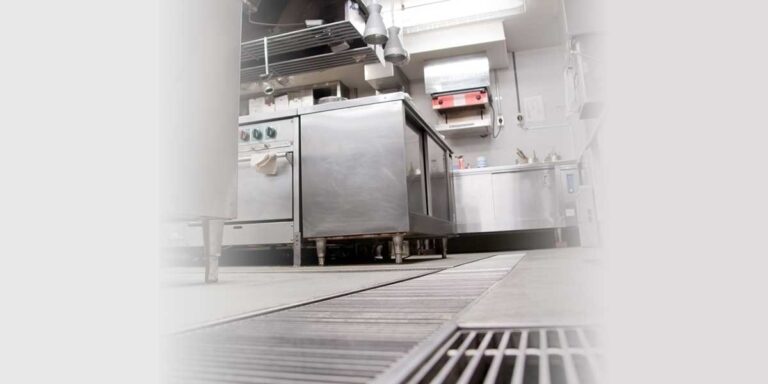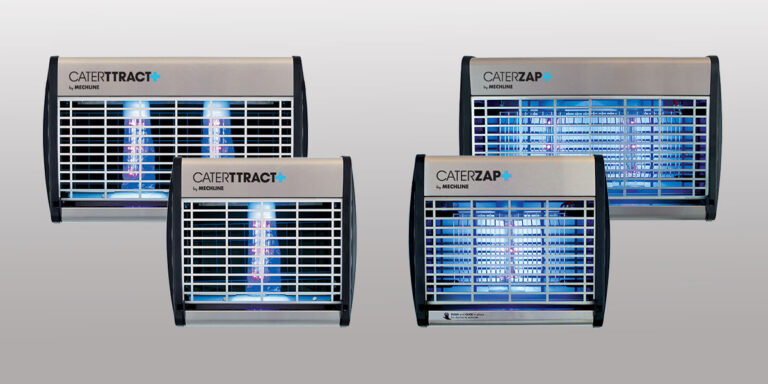Could fat, oil, grease, starch, and other nasties from your establishment be running wild in your local sewerage system?
An efficient sewerage system relies on water being able to move freely through drains. Local authorities and water companies are concerned about the waste entering sewer networks that can build up and cause blockages. As the owner of a hospitality business, you have a responsibility to ensure that your venue does not contribute to any build-up of restaurant fats, oils, grease and starches in wastewater.
How does your restaurant contribute?
When fats, oils, grease and starches (FOGS) enter the wastewater system, they have a tendency to congeal and harden, which is bad news for the internal drains and external sewage system. FOGS components are pollutants – and blockages can be costly and inconvenient to rectify. Inoperative drains pose a risk to hygiene and safety; they’re susceptible to odours and even infestation – not to mention bad PR for you and your business.
Restaurants have plenty to think about when it comes to disposing of FOGS in their premises, from cooking oil to airborne grease to leftover food on their customers’ plates. All the FOGS has to go somewhere, and inevitably that somewhere is into the sewer drainage system via your dishwasher, floor drains or mop sink.
In this case, out of sight should not be out of mind. Under Section 111 of the Water Industry Act 1991, businesses have a legal obligation to make sure their water does not block or damage the sewerage system:
“No person shall throw, empty or turn, or suffer or permit to be thrown or emptied or to pass, into any public sewer or into any drain or sewer communicating with a public sewer any matter likely to injure the sewer or drain, to interfere with the free flow of its contents or to affect prejudicially the treatment or disposal of its contents.”
There are, of course, other culprits contributing to drain problems across the UK – wet wipes and sanitary towels are high on the list of offenders, with the removal of the “monstrous fatbergs” they create currently costing Anglian Water as much as £19m a year. So, since there are so many challenges for our sewage systems to contend with, it makes sense that restaurants should play their part in preventing as much FOGS release as possible.
Quick prevention tips
The best way to avoid problems with FOGS is to avoid your waste entering the sewage system in the first place. How?
Washing up – DON’T wash cooking fats, oils, grease or starches down the sink.
Sinks – DO always use a sink strainer and scrape any leftover food into the bin.
Floors – DON’T sweep rubbish into the drains, sweep it up and put it in the bin.
Leftovers – DO collect leftover oil and fat in an airtight container to prevent bad smells.
Waste oil – DO arrange for your leftover oil to be collected by a licensed contractor.
Best practice – DO invest in specialist equipment to prevent FOGS reaching your waste pipes.
Biological or bacteria-based dosing systems – DO introduce bioremediation products downstream of the source appliance and upstream of your grease trap.
Staff – DO ensure all staff are trained and kept up to date with your latest FOGS disposal techniques.








